At the beginning of 2024, Moving Mountains was awarded a series of grants to make a participatory film called The End of the World about the 1970 Yungay disaster. Working with director Alessandro Mosca, our idea was to create a short, fictional production about the landslide that buried the down with input from the people of Yungay, across multiple generations and different sectors.
In the first week of of May, we ran a series of focus groups and workshops with various members of the Yungay community, including disaster survivors, representatives of local institutions, secondary school students, University students and tour guides. During these sessions, attended by a total of fourteen participants, we worked together to develop the film script, build up the characters, identify locations for on-site filming, and to create initial photoboards for key scenes in the film.
For the first focus group, we worked with a small group of young people to talk about their knowledge of the disaster and its legacies, their impression of Yungay before it was destroyed and how it compares with their town today. We were joined by several people with living memory of the event in the afternoon to read through the script and ensure accuracy, representation, and nuance.
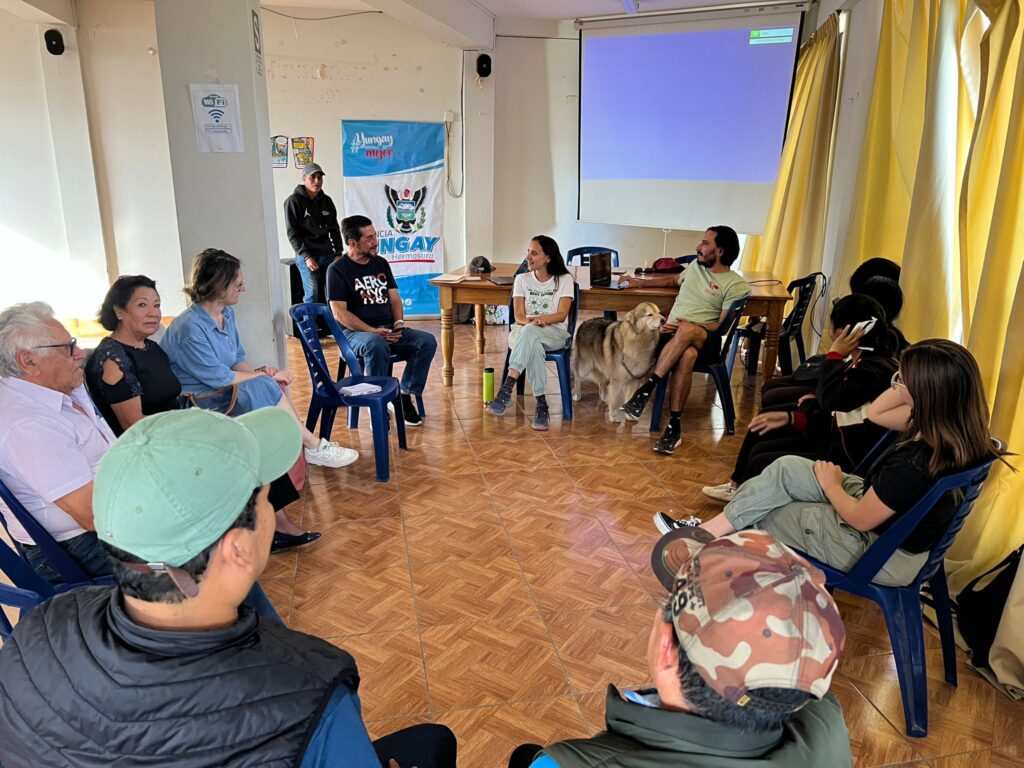
On day two, the students were tasked with writing biographies for the five characters who will appear in the film, and who were there on that tragic day in 1970. Seeking inspiration, we visited the Yungay Cultural Centre to consult with archival materials and discuss our ideas with Javier León, a local historian. The students presented their vivid ideas to Deisy Mori, who lived through the disaster as a teenager and who gave lively feedback.
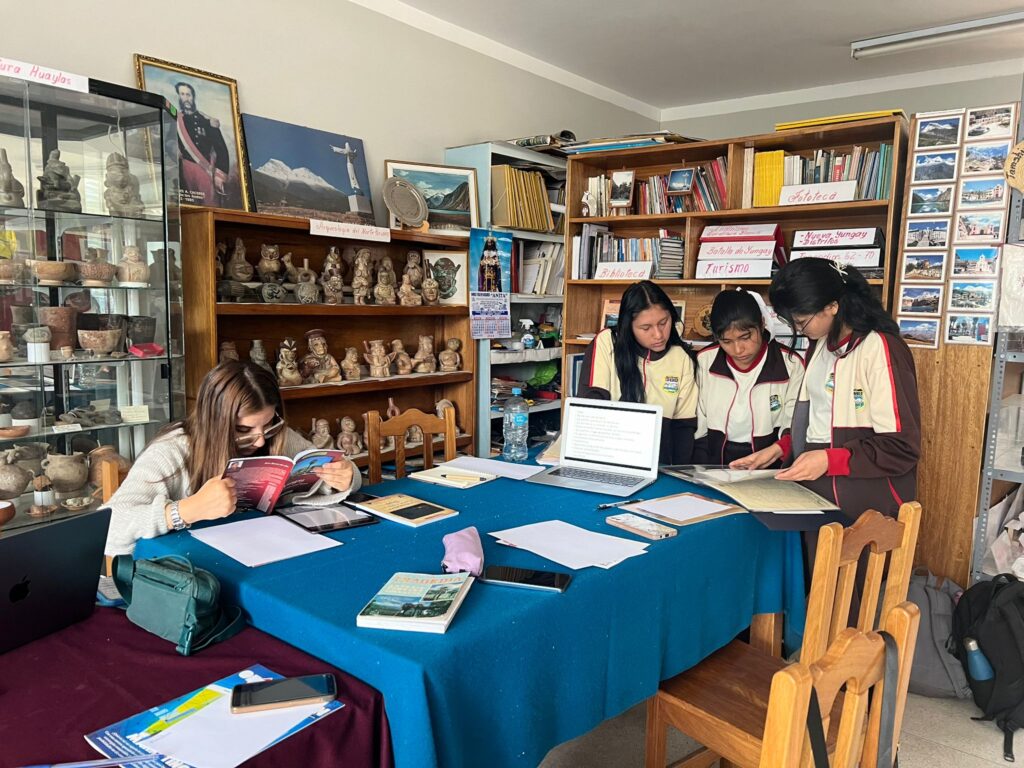
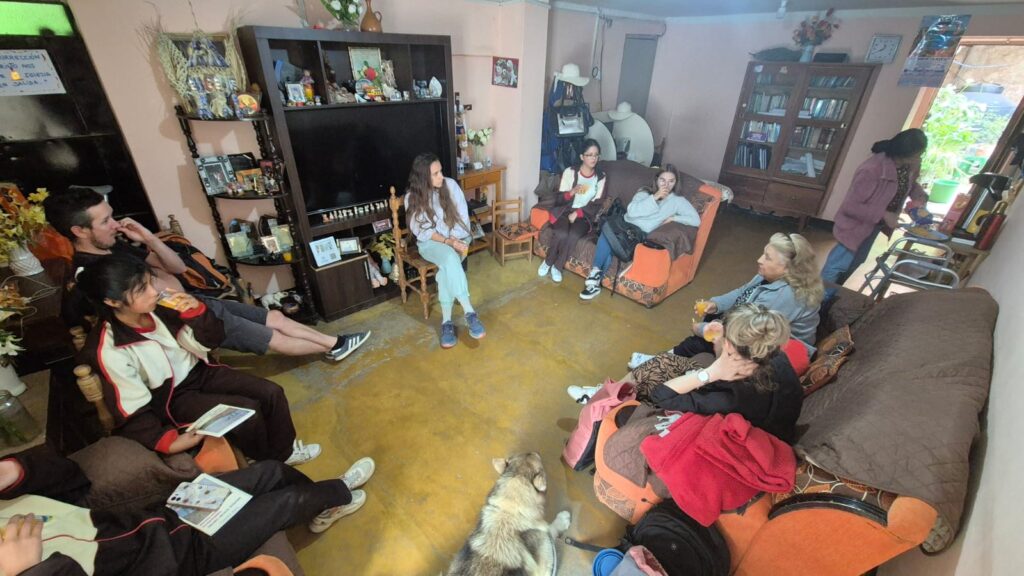
Workshop three consisted of a training session for the students in the creation of photoboards. The film director, Alessandro, and Lead Producer, Kate Kisic, explained the importance of photoboards in planning for a film shoot and taught the students how they could make their own, by acting out the script and identifying key locations. For the final sessions, we visited the former disaster site where students worked as a team to make their photoboards which they then presented to the group.
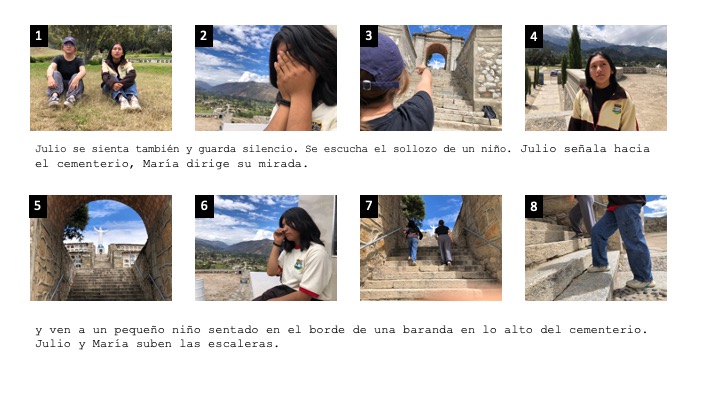
Alongside the workshops, we also ran casting sessions in schools and institutions in and around Yungay. We have identified five people who we think will make perfect contributions to The End of the World. Filming is due to commence at the end of the month, as planned, to coincide with 54th anniversary commemorations for the earthquake. The students who participated in the focus groups will join us as part of the film crew to record behind-the-scenes footage, interview the actors, and develop our social media campaign.
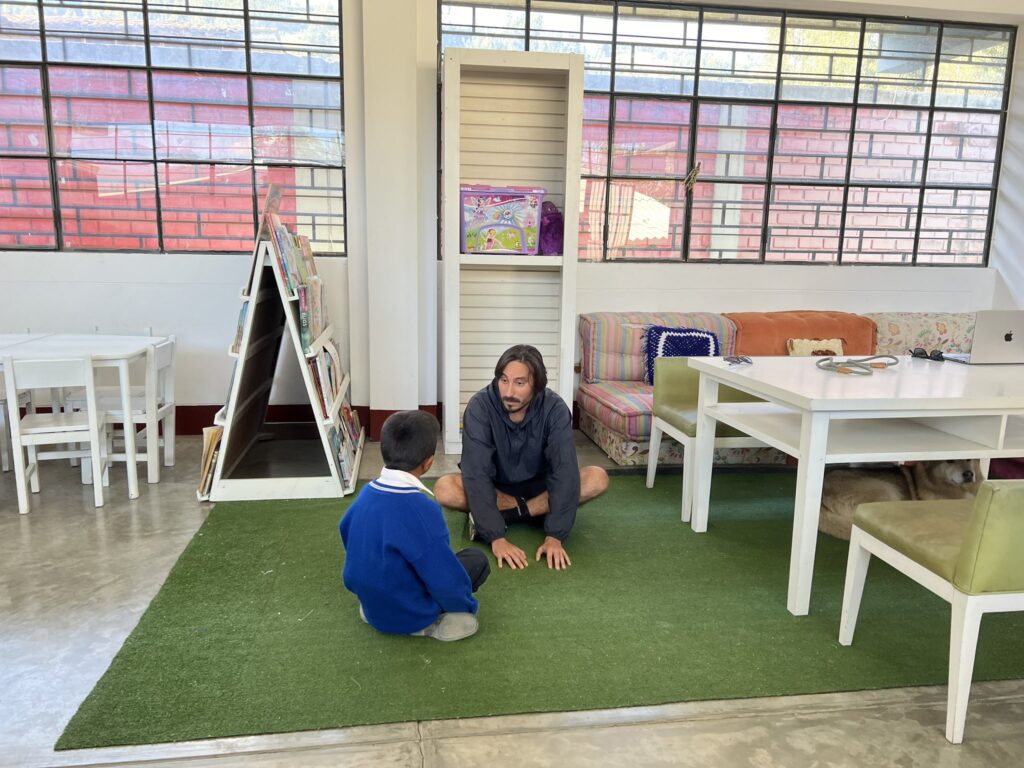
Both formal and informal feedback from these activities has been really encouraging. Our participants are excited to be involved in the creation of a film about their town which will be screened to international audiences. They hope it will help to attract more tourists to Yungay and preserve memories of the landslide in 1970.